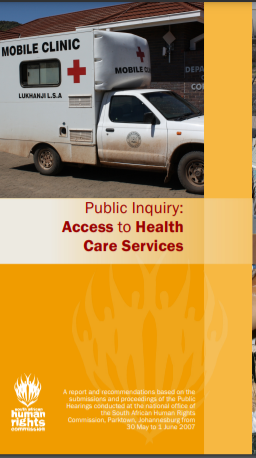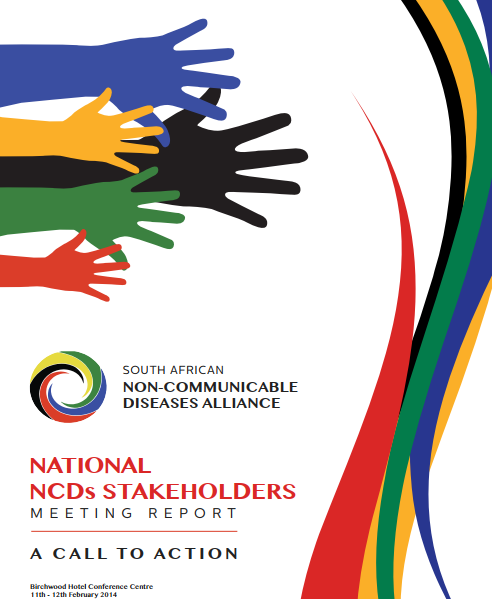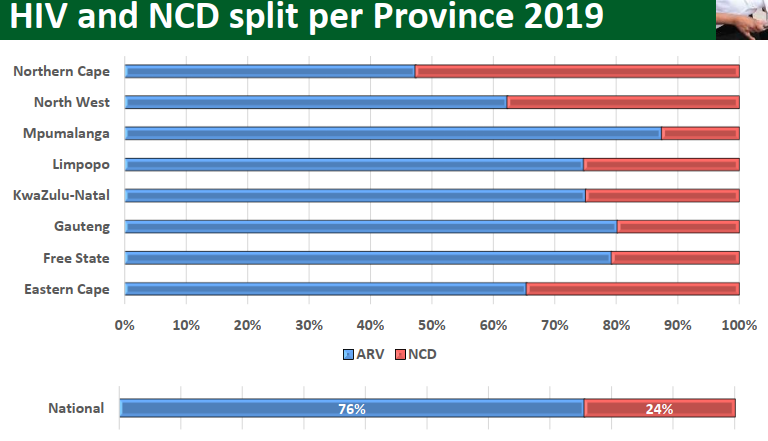Tag: Access to medicines
Access to health care services 2007 Report
Poor access to health services isn't new. Read this SA Human Rights Commission report from 2007.
SANCDA Call to action: NCDs stakeholder meeting report 2014
SA NCDs Stakeholders Meeting Report June 2014 – Compressed 1mb with hyperlinks
Delivering NCDs medicines access CCMDD
Consistent safe access to NCDs medicines needs more attention. The CCMDD programme needs to deliver
Prescribed Minimum Benefits
[vc_row][vc_column][vc_column_text] Background The Council for Medical Schemes (CMS) is embarking on a process...
Case For Patent Law Reform
MSF FTPL report-FINAL VERSION In this report, we present nine case studies that demonstrate how systemic short...



